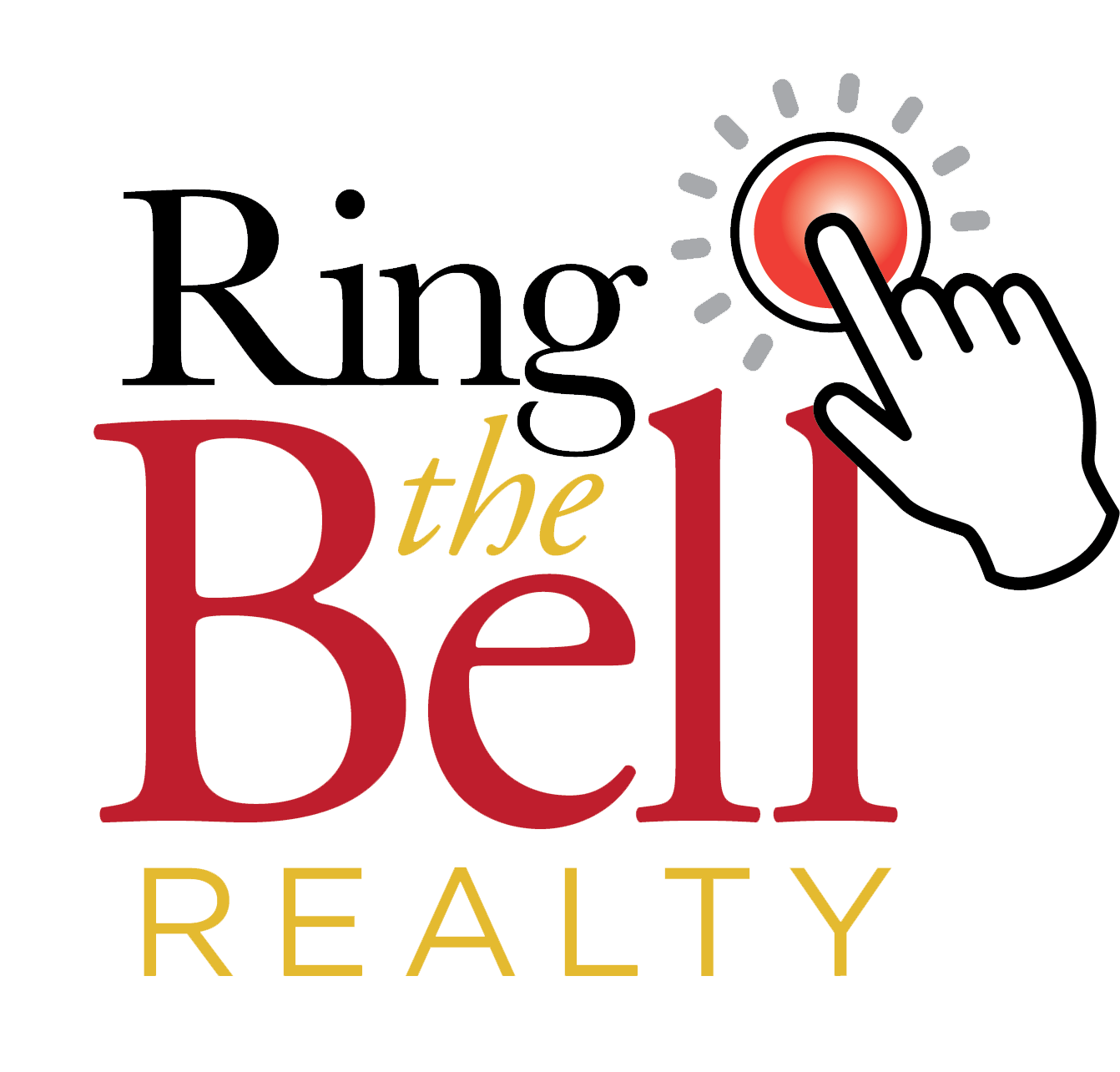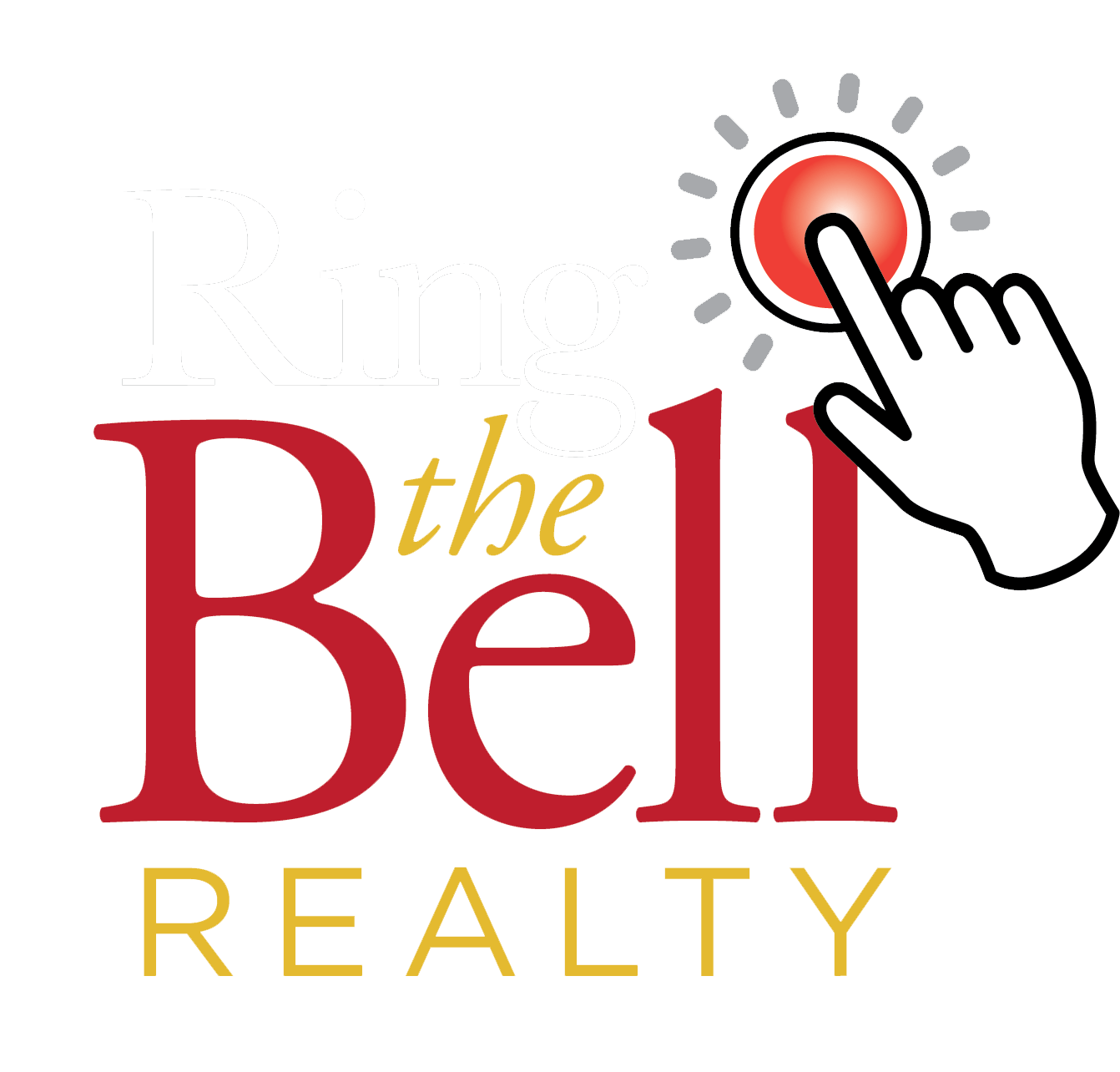Buying a Home? Next Steps
So you want to buy a home?
First, there are a lot of things to consider. You are the only one that understands your unique financial situation over anyone else.
Some initial questions to ask yourself might be:
How is my credit?
Most lenders can still qualify you for a loan even if your credit is as low as 580, but your interest rate will be on the high end. It is preferred that your credit score be at least 620 or higher, if possible. As a buyer, you'll start noticing some big breaks on things like interest rates and other lending kudos once your score is above 680. Of course, credit scores in the 700s and above add more ease to your lending process.
What would my time frame be?
If you are currently renting, have a lease end date, and can't go to a month-to-month agreement with the property owner, you must consider the amount of time it takes to get into a home. Even with stellar credit and low debt-to income ratios, the ideal buyer will be looking at 30-45 days until reaching the finish line of closing.
For example, if you want to buy a home by the end of June, you would need to be under contract with the home by the middle of May. Statistically, it takes the average buyer eight weeks to find the right home during their search, so you would prefer to start looking in March.
Debt-to-income ratio
This is something all lenders consider in order to get you pre-qualified for a loan. They will take all of your monthly debt (car payment, student loans, credit cards payments, etc.), add your potential mortgage payment, and divide that by your gross income. Most loan programs require the buyer's debt-to-income ratio to be at or around 43%, but this percentage is subject to change.
What do you want your mortgage payment to be?
This is a vital step that many buyers often overlook. At Ring the Bell, we not only want to find you the home of your dreams, but we are dedicated to ensuring you feel comfortable with the terms of your loan so that you will be in your new home as long as you desire.
As stated above, you are the only one that truly understands your financial situation, so when thinking about buying a home, consider the dollar amount for a mortgage payment that would be reasonable for you and your lifestyle. Think about the amount that you are comfortable with, not just what you can get qualified for. Most buyers have a number in mind and we suggest to try to stick with it. Only waiver if your financial circumstances have changed and if you fully understand all of the numbers that will change in your closing.
Closing costs and down payment.
Yes, they are two different things. Yes, they are both needed at the time of closing.
Closing costs: This is the bundled amount with your escrow monies, including estimated property taxes, HOA dues, discount points, loan origination fee, etc. The amount can vary depending on the purchase price, location, and type of loan you have, but more often than not, it ends up being about 3% of the purchase price.
Down payment: This is completely dependent upon what type of loan you are getting. It can go as low as 3% down payment and
up to 20% or more. Most loans stay in the 10% or lower range for first time home buyers.
When do you talk to a Ring the Bell agent?
Anytime! No matter where you are in the process, a Ring the Bell agent can lead and guide you through this arduous process of figuring out whether or not now is a good time for you to buy. We tell everyone, "We are in it for the long haul." So, if after a long discussion with a lender and a Ring the Bell agent, you decide to hold off for now, we will still be here when you are ready to look again.
When to talk to a lender?
Whether you have a lender you would like to move forward with, or you don’t have a clue, Ring the Bell’s agents pride themselves in being able to work with any type of lender and loan program. Speaking with a lender in-depth about your financial situation is a necessary step in order to get pre-qualified or pre-approved and start looking at some homes!
This is something we always tell our buyers: Buying a home can be stressful, and obtaining a loan can be the most arduous part. Therefore, it’s important that you, as the buyer, are comfortable with your lender. When choosing your lender, things to consider are their responsiveness, knowledge, types of loan programs they offer, and the overall vibe you get from them.
Difference between pre-qualification and pre-approval
Pre-qualification: The lender will ask you some questions over the phone and pull your credit. As long as there are no flags on the front end, you will get a pre-qualification letter.
Pre-approval: The lender will ask you the same questions but will ask for paperwork to verify all of the numbers stated. This can include tax returns, bank statements, pay stubs, etc. "Basically, everything but a blood sample," is a joke we often tell our clients regarding lender requirements.
Pre-approval letters hold more weight when offers are being considered by the seller and also tend to allow some more ease during the closing process, since the buyer has essentially already gone through underwriting first.
Start looking at homes!
Once you’ve been pre-qualified or pre-approved, it is time to start looking at homes. When looking at homes you are considering, be sure both you and your Ring the Bell agent are clear on what type of loan you are pre-qualified/pre-approved for, because different loans have different conditions that the home will need to pass.
It’s also important to have a must-haves list. This is a very personal choice, and depending on the local real estate market and your budget, there still may be things on your must-haves list that you may need to compromise on. Your Ring the Bell agent will talk with you about your local real estate market and may have some creative ideas on how to get more from your must-haves list and find your dream home.
Down payment assistance programs and gifts
It’s always important to ask about any down payment assistance programs that are available in your area. Sometimes they can also go towards closing costs. Be sure that you and your lender fully understand the qualifications for the buyer and for the potential home.
Gifts: If you've been given a gift,
the lender can sometimes allow the
gift
to be given to the buyer to help assist with the home buying costs. Be sure to discuss this in-depth with the lender. It is very important to take care in how this gift is given and how it will be traced/sourced for lending purposes.

